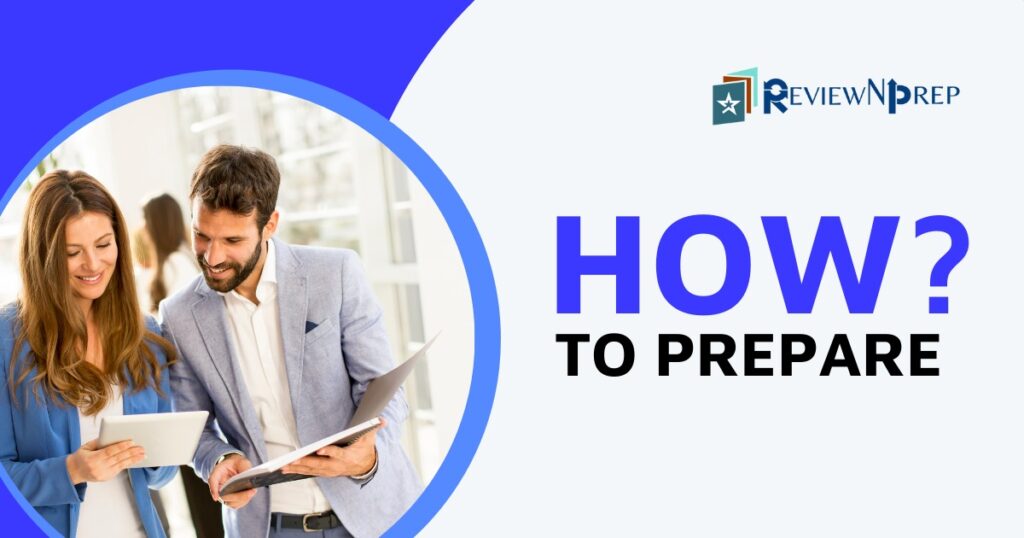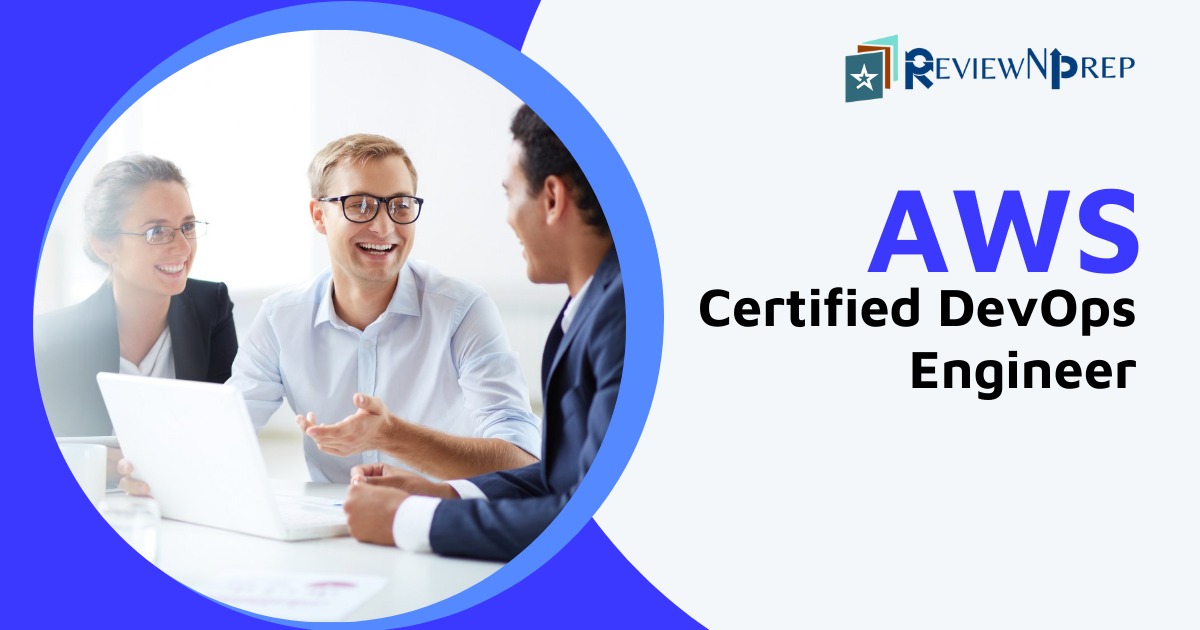What is DevOps?
DevOps is a collaboration between Development and IT Operations to make software production and deployment in an automated and repeatable way.
DevOps culture focuses on creating efficiency for all stakeholders involved in software development, deployment, and maintenance.
DevOps helps to increase the organization’s speed in delivering software applications and services. It allows organizations to serve their customers better and compete more strongly in the market. After all, time to market is the key to success.
Some organizations have a separate DevOps team, but it is always recommended to integrate them as part of your regular sprint development teams.
Read more: DevOps Basics
More on AWS Certified DevOps Engineer – Professional Certification
- The AWS Certified DevOps Engineer – Professional (DOP-C01) certification is designed to validate the ability to design, build, and operate cloud computing solutions using Amazon Web Services (AWS).
- The candidate appearing for this certification exam demonstrates a technical expertise in developing and managing cloud computing solutions.
- The AWS Certified DevOps Engineer – Professional exam focuses on automating software development lifecycle, policies, standards, high availability, and disaster recovery.
All of those areas are very much needed to develop enterprise cloud-enabled solutions for building scalable systems. As you go through this certification, you will learn how to leverage the automation capabilities in the right way to keep your deployments maintainable, secure, and resilient.
AWS Certified DevOps Engineer Exam Details

- Total time allotted for the exam: 180 minutes
- Cost: $300 USD
- Total number of questions: 75 questions
- There will be 10 questions that do not affect your score.
- There is no negative marking
- Question Format: Mix of multiple-choice questions or multiple response questions
- Passing Score: The minimum passing score is 750.
AWS Certified DevOps Engineer Exam Domains
As of October 23, 2021, below is the list of the topics covered in the exam:
| Domain | % of Exam |
| Domain 1: SDLC Automation | 22% |
| Domain 2: Configuration Management and Infrastructure as Code | 19% |
| Domain 3: Monitoring and Logging | 15% |
| Domain 4: Policies and Standards Automation | 10% |
| Domain 5: Incident and Event Response | 18% |
| Domain 6: High Availability, Fault Tolerance, and Disaster Recover | 16% |
| TOTAL | 100% |
AWS Certified DevOps Engineer Exam Resources
There are a number of free and paid study materials you can utilize:
- First of all, read through the official AWS Exam guide.
- Free 7h+ digital training from AWS.
- AWS official free sample questions (10 total).
- Additional Practice Exam Questions.
All you need to know – Get started with DevOps.
How do I prepare for AWS DevOps engineer certification?

- If you study for 2-3 hours daily, do lots of hands-on labs, the exam preparation should not take you more than a month. Before you try giving this certification, the assumption is that you are already an AWS Cloud Practitioner (not necessarily certified).
- By now, you know that AWS DevOps engineer is a professional-level specialty certification. Although no prerequisite certification is needed, it is a good idea to test the waters with an Associate level exam. It is good to take the AWS Solutions Architect Associate Exam before appearing for all AWS professional exams. Additionally, to be better prepared, another associate-level certification you can take is AWS SysOps Admin.
- The exam doesn’t test you on your coding skills but practices writing code using AWS Lambda, Amazon Elastic Beanstalk, Amazon EC2, Amazon S3 bucket, and IAM policies in your favorite programming language.
- Review examples of common Linux command or Windows PowerShell commands for their respective environment or platform before taking the test.
- Hands-on experience is a must to pass this specialty certification. To ensure you do not forget what you gained in certification, you should try these things in your respective projects. One way to do this is to try doing a Proof Of Concept (PoC).
- If that’s not feasible, try to create your own mini-scenarios and figure out what scenario is the most optimized way to do it because using AWS Services, you can do one thing in multiple ways. Some commonly used labs that you can practice are:
- Blue-green deployment methods in Elastic Beanstalk
- Build lifecycle hooks for autoscaling groups and trigger notification
- Build entire pipelines for Lambda, ECS, EC2 using CodeCommit, CodeBuild, CodePipeline, CodeDeploy, and CloudFormation
- Make sure you read whitepapers and FAQs for commonly used AWS Cloud Services. In the real DevOps exam, you will certainly get questions around core services – Amazon CloudWatch Events and CloudWatch logs, CloudTrail, Application Logs subscription, API Gateway, OpsWorks, Elastic Beanstalk, Lambda (for events response), Elastic Beanstalk (hooks, CLI, commands and container commands), ASG (lifecycle hooks), CodeCommit (correct IAM policy to be set), CodeBuild (to build and test scenarios), CodeDeploy (both on-prem and AWS deployment strategies), CloudFormation, CodePipeline (to orchestrate), SSM (all possible combinations), AWS Config, Kinesis, S3, TrustedAdvisor, GuardDuty, AWS Server Migration Service (SMS), DynamoDB, ECS, Elastic Search, X-Ray, DR (Multi-Region, RPO and RTO), AWS Organization (OUs, Multi-Account) and combination of all of these depending on the scenario.
Exam Tips for AWS Certified DevOps Engineer

- The actual certification exam will mostly have scenario-based questions. This scenario will cover more than one AWS Cloud Service and touch several exam domains.
- So, you need to understand how different services can integrate with each other. E.g., How does data from S3 be accessed using CloudFront while enabling the CloudWatch.
- Use the process of elimination if you aren’t sure of the answer. Once you practice enough questions, you will notice that the answer choices are often made up of features or just plain incorrect. Try to eliminate the options that you think do not fit the scenario asked in the question.
- Do not spend more time on one question. If you aren’t sure of the correct answer, bookmark it to be revisited at the end of the exam.
- You can take an extra 30 minutes if you’re not a native English speaker. If you finish early, you can end the test sooner. To gain an additional 30 minutes for the exams, request for accommodations in the certification portal and then use the option ESL +30, which is equivalent to 30 minutes.
- Finally, take enough rest before the actual exam.
Additional Practice Exam Questions.
Take practice questions to boost your confidence before the actual exam.
Conclusion
DevOps glued both Agile and CI/CD methodologies to create a streamlined approach to the rapid delivery of working software. This combination allowed for better communication across departments and enabled teams to collaborate more easily. These ingredients, when combined, enabled both engineers and operations teams to work in alignment across the entire software development lifecycle – from coding to continuous integration to continuous delivery.
Achieving a pass in this challenging exam is a reason to celebrate and share your knowledge with others. Make sure to share your AWS Certified DevOps Engineer Professional credentials on LinkedIn. And please do help others by sharing your certification journey.
Share your victory with us/the community and get a $5 Amazon gift!
–Review Guidelines
Got more questions troubling you, feel free to ask us in our forums. We would love to interact.


[…] AWS DevOps Engineer – Professional Prep Guide […]